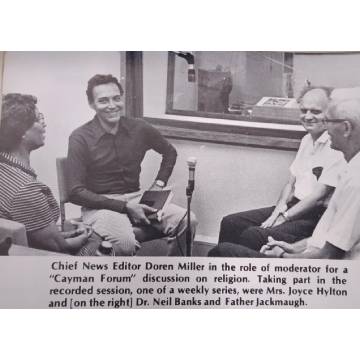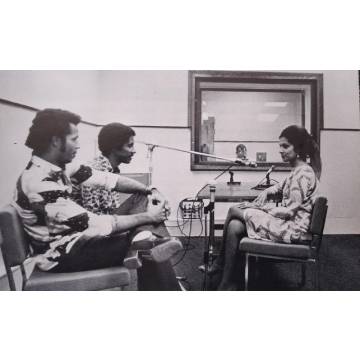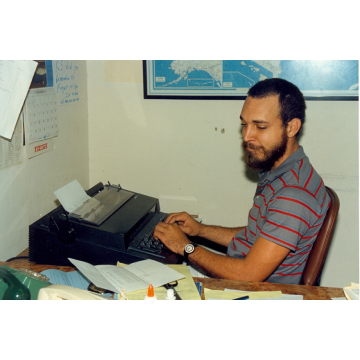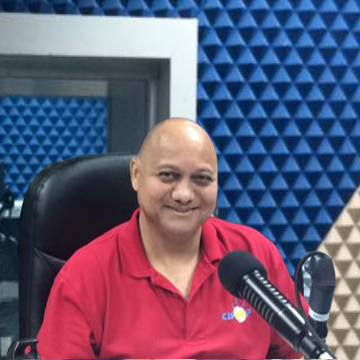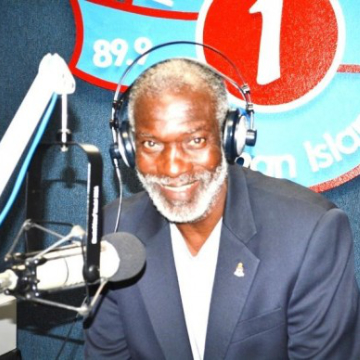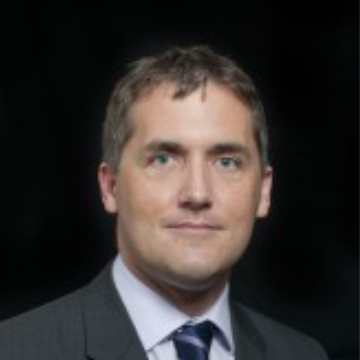News
RCIPS Launches 2021 Recruitment Training
On Monday, 22 November, the RCIPS Training and Development Unit (TDU) began a training class of twenty-three (23) new recruits, who have begun their journey to becoming Police Constables within the RCIPS.
The Commissioner of Police Mr. Derek Byrne led the commencement and swearing in ceremony for the new recruits, 16 of whom are young Caymanians.
“It is a significant benefit to the Service and the wider community to see such a strong number of young Caymanian men and women putting themselves forward to serve their community as police officers,” says Commissioner Byrne.
Amongst the recruits are 16 men and 7 women, including 6 current Auxiliary Constables with the RCIPS who, after successfully completing the program, will convert to Police Constables.
“New recruits represent a new generation, who can contribute new ways of thinking and different approaches to how the RCIPS serves the people of the Cayman Islands, and help to increase the level of professionalism in the service,” added Commissioner Byrne. “As members of the community that we serve, you also bring with you knowledge and insight into that community, and we welcome your input.”
Throughout the 17-week training programme, which was developed and is being led by the TDU, the officers will receive lessons from various units within the service as well as from partnering agencies. They will receive training and lectures on ethics, customer service as well as on the values of the RCIPS (Respect, Courtesy, Integrity, Professionalism and Service), and will be completing coursework on the laws of the Cayman Islands and other material needed in the field. They will also be expected to complete their physical at the end of the course.
In addition, between 13 December and 4 January, the officers will all be assigned to the Traffic and Roads Policing Unit alongside experienced officers to amplify police visibility during the busy holiday season, assisting with Operation Quaker’s tactical delivery, and giving them first-hand experience on the front line.
“This will be an invaluable opportunity for in the field training for recruits,” says Superintendent Adrian Seales, in charge of the TDU. “They will get a first-hand experience of being a police officer during one of the most challenging times of the year and will be receiving tutelage from some of our finest officers on the best way to achieve our mission of Making the Cayman Islands Safer.”
In addition to the 23 police recruits, a trainee investigator with the Cayman Islands Anti-Corruption Commission (ACC) will also undergo the training programme.
“Due to the similarity in our roles, the ACC routinely work in mutual collaboration with our colleagues in the Royal Cayman Islands Police Service (RCIPS) across a wide range of operational and training activities,” says ACC Senior Investigator Richard Oliver. “Therefore, when the opportunity arose for Nasim to participate in the RCIPS recruit training course, the ACC was keen for him to do so in order that he benefit, not only from the highly professional and up-to-date training being delivered to the latest recruits, but additionally, that he may develop sound and lasting professional relationships between the two agencies going forward. We’d like to express our thanks to the Police Commissioner for extending this opportunity to a young Caymanian in a partner agency.”
All 24 personnel were sworn in by CoP Byrne, who also spoke with them about the organisation’s expectations of them, encouraging them to do well and give the training their best. The RCIPS’ objectives of Securing the Cayman Islands, Ensuring Safer Communities and Delivering a Professional Service were emphasised to the recruits, along with the overall message that policing is first and foremost, a community service. These objectives form the core themes of the training program.
“I would like to welcome you all to the RCIPS and congratulate you on reaching this far in the process of becoming police officers,” said Commissioner Byrne, addressing the recruits. “The next 17 weeks will take hard work and dedication to get through the training successfully. You will be required to demonstrate professionalism, high standards both on and off duty, and strong work ethic. At the end of it, the service has a myriad opportunities for you to grow and for your specialised skills to be used. You will have the advantage of being part of a service where you may develop professionally both laterally, in terms of gaining new skills, experience and diversity; as well as vertically, with upward mobility through our ranks. All you will have to do is invest in the service, and the service will invest in you in return.”


